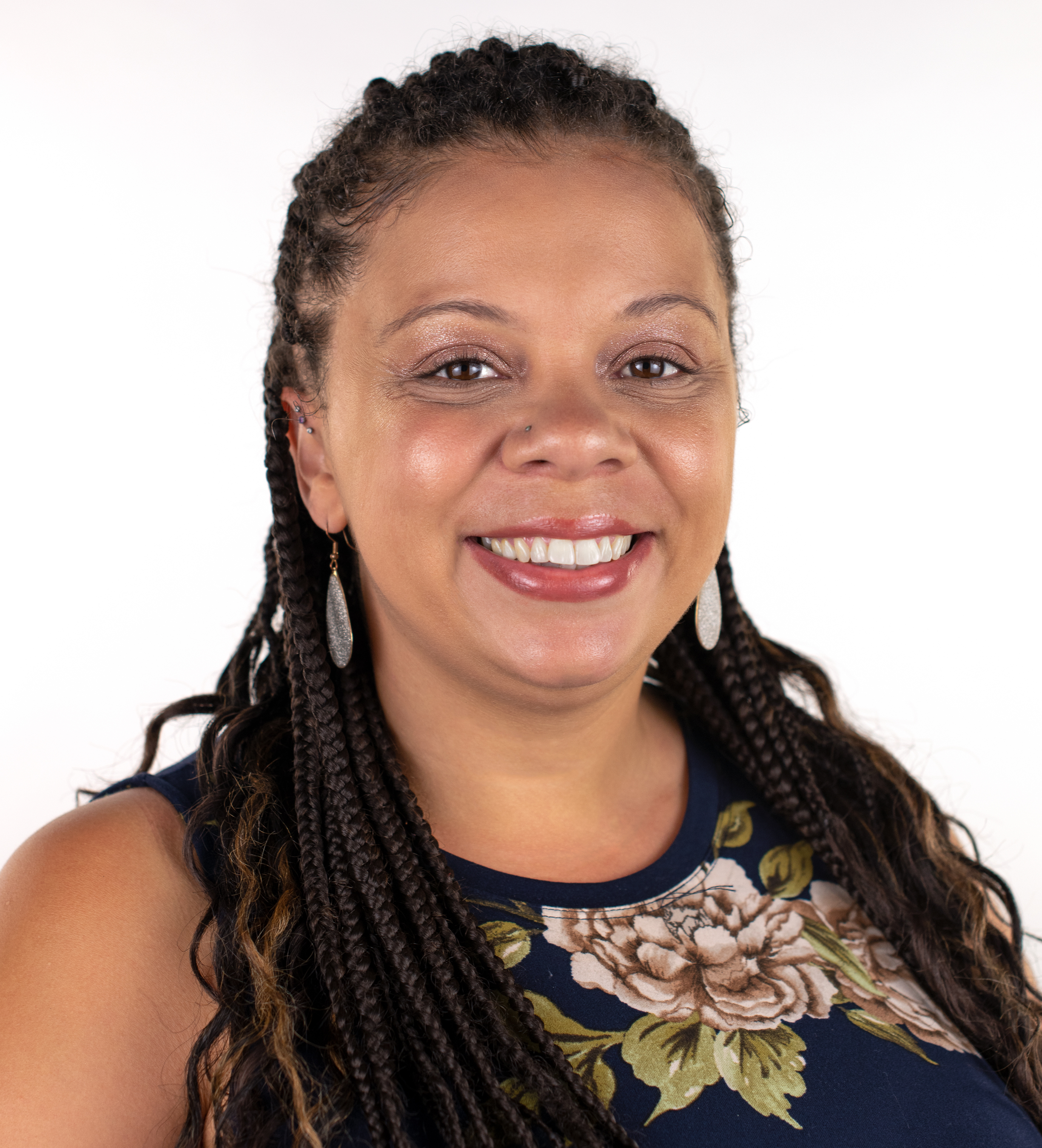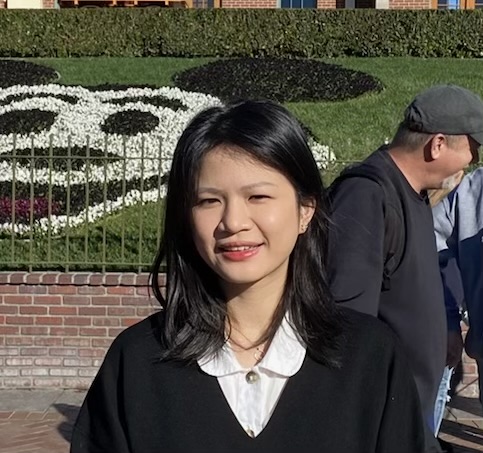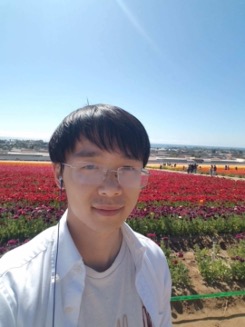-
Dr. Shanshan Wang, MD, PhD, Assistant Adjunct Professor
My general research interest is to investigate neuroplasticity associated molecules and pathways in the setting of neurodegenerative diseases and neural injury conditions. My postdoc research investigates how Cav - 1 affect neural development and neurodegene ration. My work in this field demonstrated the robust neuroprotective effect of our patented gene therapy (neuronal targeted Caveolin - 1) in the setting of Alzheimer’s Disease and Amyotrophic Lateral Sclerosis. Currently, I am funded by Craig. H. Neilsen Fo undation to study a novel gene therapy to promote axonal repair after spinal cord injury (SCI), result from this project have the potential to identify novel targets and therapeutic approaches that promote axonal regeneration after SCI. -

Jackie Bonds, PhD, Senior Postdoctoral Fellow
Increasing our understanding of how cellular energetics that are altered in aging and disease will provide valuable insights into potential interventions, with the goal of increasing the quantity and quality of life of those af fected by these diseases. My research focuses on mitochondrial dynamics in neural stem cells, which are critical for learning and memory functions and will extend to include induced pluripotent stem cells (iPSCs) from human patients who have been diagnose d with neurodegenerative diseases -
Dr. Noriyuki Watanabe, MD, Research Scholar
I am a medical doctor and have been working as a neurosurgeon for several years in Japan. My interest in neuroscience made me come here. Now I am learning and doing research about amyotrophic lateral sclerosis (ALS) and Multiple Sclerosis. My research about gene therapy on ALS and Multiple sclerosis mice model. With Adeno-associated virus(AAVs), I transduce Caveolin-1 in the central nervous system(CNS), via intracerebroventricular(i.c.v.) or retro-orbital (r.o.) administration, and examine the effect on these disease models. -

Xiaojing(Jing) Li, BS, Student Researcher
I'm currently working as a student researcher in the lab, helping with Trauma Brain Injury animal studies. I graduated from UC San Diego in 2023. I enjoy learning new things daily, and my favorite bioassay is immunofluorescent staining. I love bouldering a nd going to the San Diego Zoo in my free time -

Dongsheng (Tommy) Wang, Research Assistant
My name is Tommy Wang, and I am currently working as a research assistant in the lab. I completed my MS research program in neuropathology in 2022 under the guidance of Dr. Brian Head and Dr. Shanshan Wang. My project investigates the effects of chronic nicotine exposure via vaping on the pathology of traumatic brain injury (TBI). Currently, I am working with rodent models of AD and ALS to explore the therapeutic effects of neuron-targeted Cav-1 overexpression. My research interest lies in the molecular mechanism of neurodegenerative diseases, and I aspire to contribute to the development of novel therapeutic strategies through hard work and my passion for scientific research.
Brian Head Lab

I am a Research Career Scientist awardee at the VA San Diego Healthcare System and hold a dual appointment as a Professor of Anesthesiology at UCSD. I have 17 years of experience testing AAV-mediated gene therapy technologies and interventions that afford neuroprotection against trauma and neurodegenerative disease models of Alzheimer’s disease (AD) and amyotrophic lateral sclerosis (ALS). Specifically, I research caveolin (Cav), a scaffolding protein in membrane/lipid rafts (MLRs), that regulates synaptic signaling and neuroplasticity in neuronal models (human neurons derived from iPSCs, animal models of neurodegeneration such as AD and ALS). I previously published that neuron-targeted Cav-1 (using a synapsin promoter, termed SynCav1) increases MLR formation, enhances structural and functional synaptic and neuroplasticity, and improves hippocampal-dependent learning and memory in aged and TBI mice, is neuroprotective and improves cognitive function in AD mice, and preserves neuromuscular function and prolongs survival in ALS mice.
At the San Diego VA Research Week (May 14-18, 2018) symposium and workshop “InnoVAtions in Gene Therapy", I was invited to present my work titled “Neuron-targeted caveolin-1 as a gene therapy for CNS disorders”. This InnoVAtions in Gene Therapy forum is a component of the broader National VA Research Week “InnoVAtion to Implementation” that highlighted the importance of quickly moving results from the laboratory to clinical practice in order to benefit our Veterans, which fulfills the VA mission statement and is a major objective of Chief Research and Development Officer Dr. Rachel Ramoni. Outside of my research commitment, I serve as a member on the VA IACUC, Vice Chair of the VA R&D committee, member of VA IRC, and serve on the the Anesthesiology Committee on Academic Promotion (ANESCAP). I continue to actively mentor undergraduates, graduate students, medical students, postdoctoral fellows, VA CDA awardees, anesthesia residents, and visiting international scholars from Japan, China, and Korea who are involved in research in the laboratory here at the VA and with our affiliate university UCSD. In 2012, I was bestowed the Presidential Early Career Awards for Scientists and Engineers (PECASE) through the Department of Veterans Affairs, which is the highest honor given by the United States Government to science and engineering professionals in the early stages of their independent research careers.
https://today.ucsd.edu/story/alzheimers-gene-therapy-shows-promise-in-preserving-cognitive function
